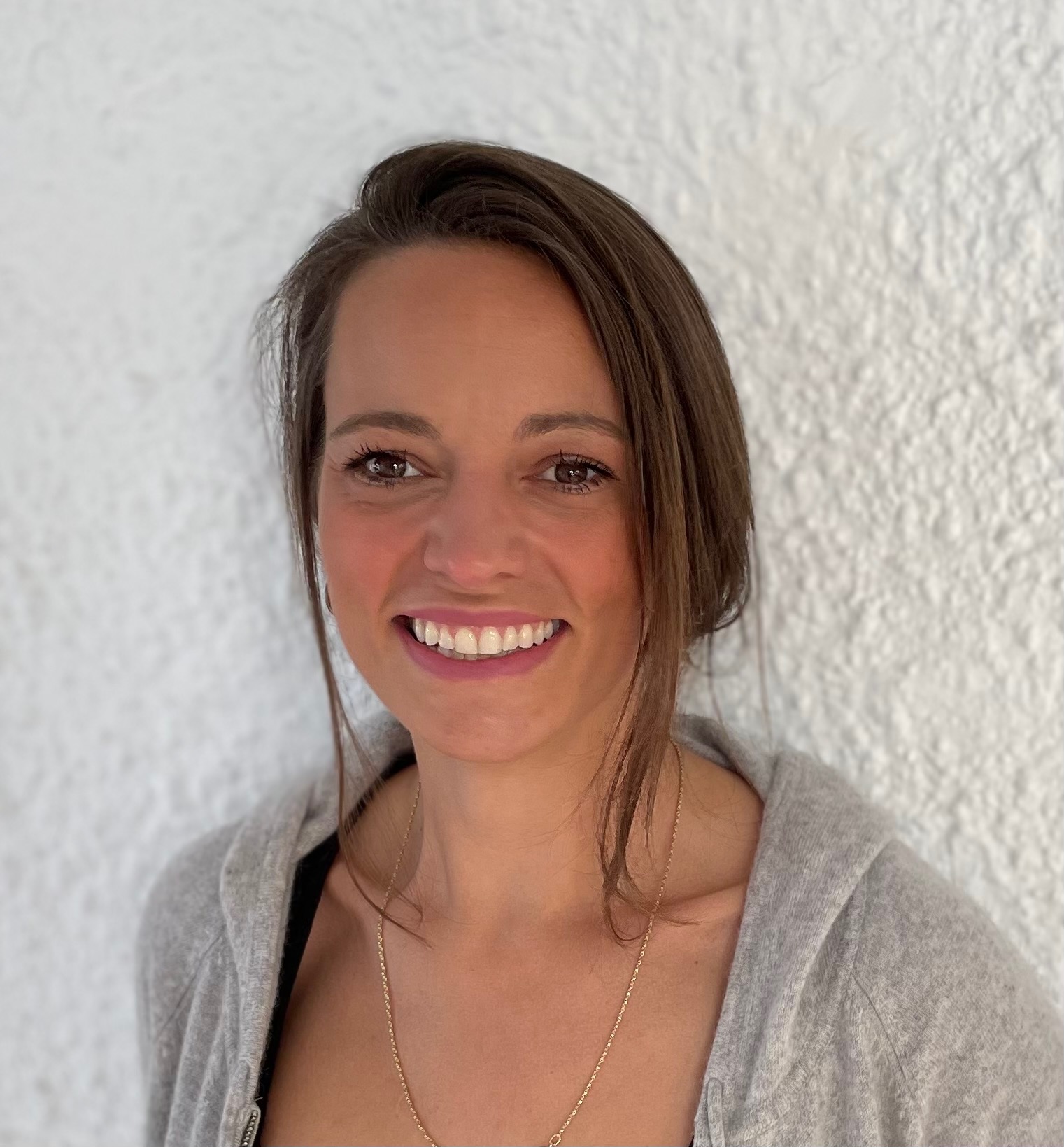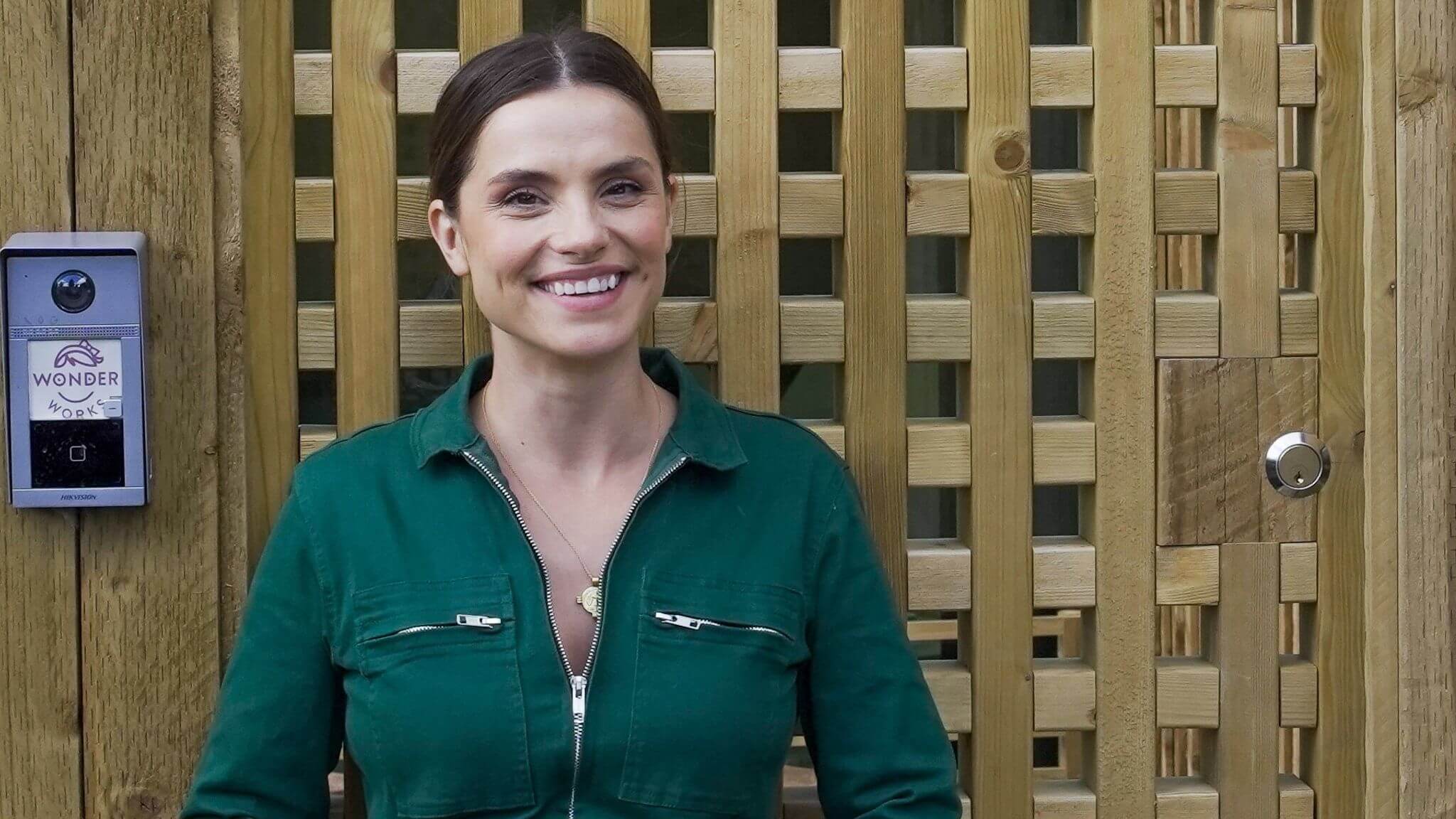
As a mother of a confident ten-year-old daughter and a very busy (often emotional) eight-year-old son, I sometimes feel I need all the parenting help I can get.
“Being present” is a phrase a lot of people use these days, especially when it comes to raising children. We want to be physically, mentally and emotionally present, but that isn’t always as simple as we want it to be. Perhaps that is sometimes where the ‘guilt’ slowly creeps in. Many of us are distracted by our devices with the pressure of an ‘always on’ culture wrapped tightly with the expectations that comes with all of this. So, how do we try harder to be present for our kids when everyone is after a piece of us? A text message here or another school WhatsApp ding there?
The Whole-Brain Child has received much hype since it was first published (it’s a New York Times Bestseller). Written by a neuropsychiatrist (Daniel J. Siegel) and a parenting expert (Tina Payne Bryson), The Whole-Brain Child explores how a child’s brain functions and matures.
The book proposes “twelve revolutionary strategies to nurture your child’s developing mind, survive everyday parenting struggles, and help your family thrive”. In my view, The Whole-Brain Child proposes useful tools based on neuroscience to deal with everyday parenting. Siegel and Bryson’s book revolves around the idea that children’s experiences – and traumatising events in particular – should not be overlooked but, rather, should be addressed using age-appropriate strategies.
The book focuses on helping parents understand how children deal with their emotions in different situations. One of the key strengths of The Whole-Brain Child is that it shows that a child’s brain is constantly changing, and that parents can play a role in ensuring that their children maintain a positive emotional state. The book is aimed at helping children develop emotional intelligence.
Now, authors Daniel J. Siegel and Tina Payne Bryson have written a new book “The Power of Showing Up: How Parental Presence Shapes Who Our Kids Become and How Their Brains Get Wired” recently released on 13th February 2020.
In this book, the authors outline what children need to feel from their parents, which they call the Four S’s: Safe, Seen, Soothed and Secure. Based on the latest brain and attachment research, The Power of Showing Up shares stories, scripts, simple strategies, illustrations, and tips for honouring the Four S’s effectively in all kinds of situations—when our kids are struggling or when they are enjoying success; when we are consoling, disciplining, or arguing with them; and even when we are apologising for the times we don’t show up for them. Demonstrating that mistakes and missteps are repairable and that it’s never too late to mend broken trust, this book is a powerful guide to cultivating your child’s healthy emotional landscape.
Presence not Perfection
Siegel and Bryson want to remind us that no parent is perfect. In fact, they say that we don’t have to be perfect; we can just be present. We all make mistakes. The key is repair. As long as we do those repairs, not only are we not damaging the relationship, we can build deeper connections with our kids. Siegel says “parents who say apologising is a sign of weakness? Actually, it’s a real sign of strength to be able to say “I’m human. What I did two minutes ago, I don’t think that was a great way to go.” Instead of being weak, it teaches them how strong you are.
If you are a parent that struggles to find effective solutions during challenging moments, then I highly recommend one or both of these books. Since reading The Whole Brain Child, I have personally gained a better understanding of why my children act and feel the way they do.
The Whole Brain Child book has become a ‘go to’ parenting guide for me for child development. If you too are interested in understanding how your child’s brain works, and how the brain impacts his/her social and emotional development, then The Whole-Brain Child is the book for you. Because, let’s be honest, we might not be perfect parents but what we all really want is just to help our children grow into happy, secure, kind, well rounded adults. If we can achieve that, then together…we are truly winning at parenting.
Useful Links




Leave A Comment